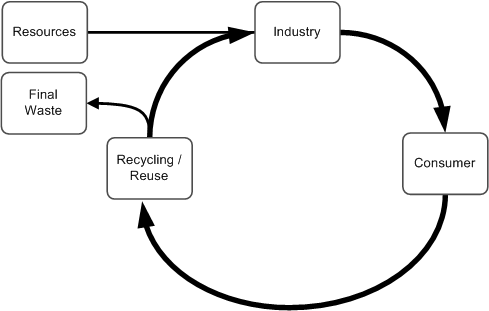The Enemy Within
Julio F. Campos My last article about the major issue of corporate sustainability professionals raised an interesting set of comments, especially the negatives ones, which indicated to me that I have touched the right spot. Here are presented the reasons behind that article. As many people, ever since childhood it was my desire to work close to the environment. Being raised close to nature made it a mere consequence. Growing up I understood that the environment was threatened by those “evil” corporations whose main objective was to explore and profit, no matter the consequences. However, as I began to actually do research on the problem while obtaining my scientific degrees on the sustainability field, I realized that that was a naïve perception for those corporations are not the worst problem that one faces when trying to work for a more sustainable world. Those “evil” corporations are not the problem. The enemy within is. The enemy within is that group of profession...

